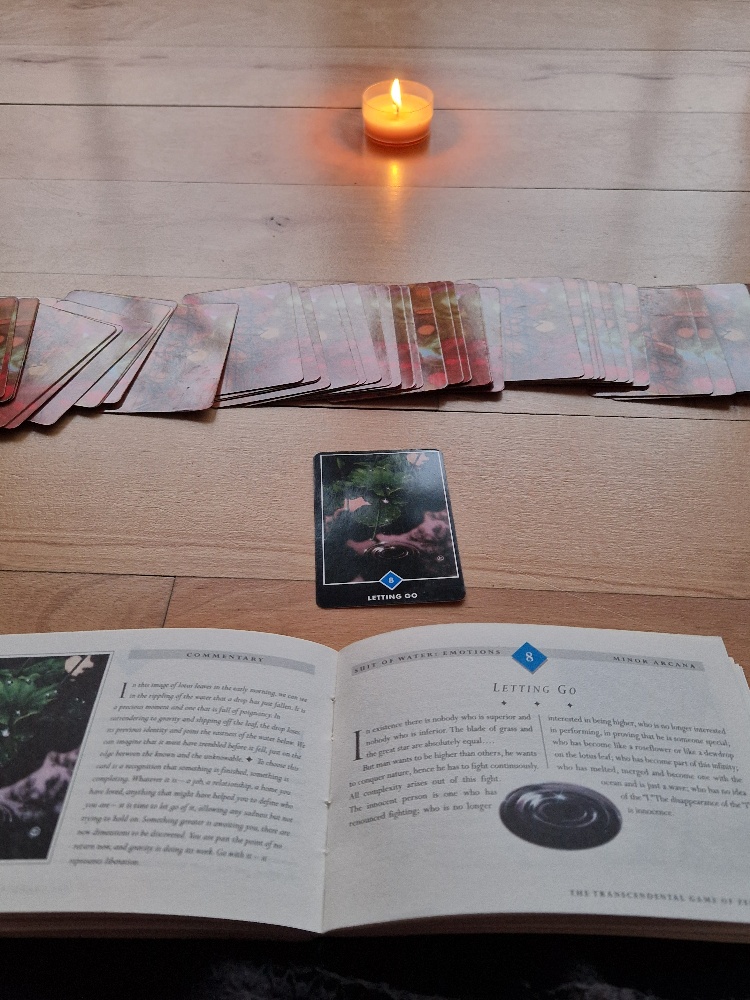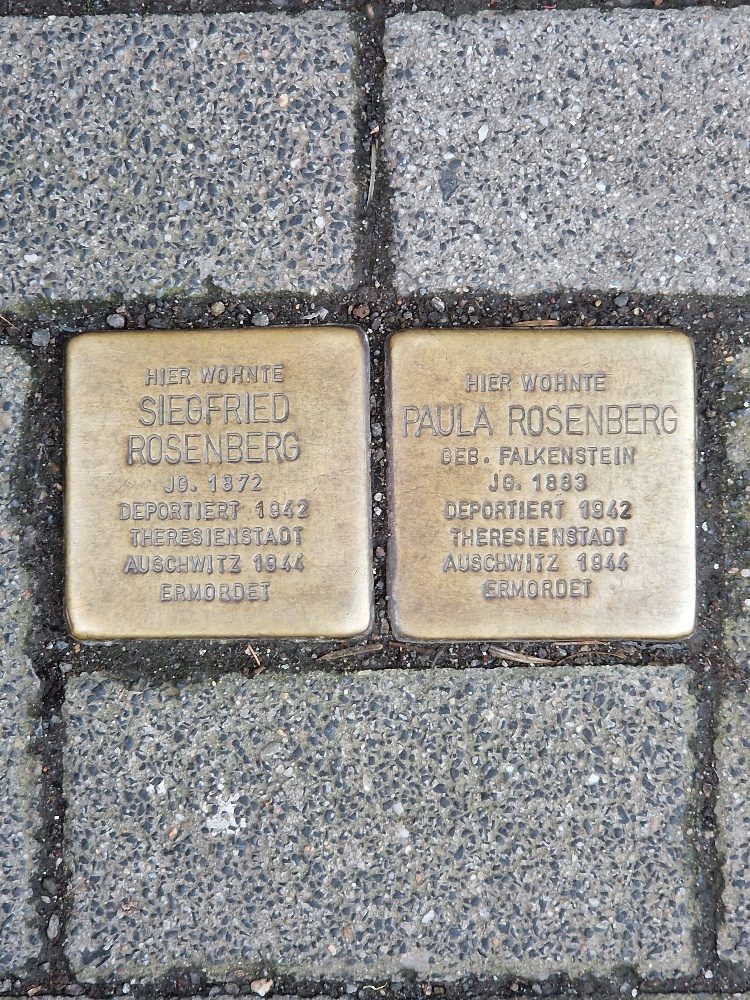`I was in my fifties when I finally understood why I apologised for existing. Why I could manage a crisis with surgical precision but fell apart when someone asked me my favourite colour. Why I could love everyone except myself, why I was attracted to people who needed saving, why I felt responsible for everyone’s emotions but couldn’t identify my own.´
Recently heard at an ACA meeting
Adult Children of Alcoholics (ACA) is a Twelve Step, Twelve Tradition programme of men and women who grew up in alcoholic or otherwise dysfunctional homes. The ACA programme was founded on the belief that family dysfunction is a disease that infected us as children and affects us as adults. Our membership also includes adults from homes where alcohol or drugs were not present; however, abuse, neglect or unhealthy behaviour was.
ACA Preamble, Excerpt
It may be said that no two children have exactly the same parents, in that the parenting they each receive may vary in highly significant ways. Whatever the hopes, wishes or intentions of the parent, the child does not experience the parent directly: the child experiences the parenting.
Dr Gabor Maté, `Scattered….´
I don’t believe an accident of birth makes people sisters or brothers. It makes them siblings, gives them mutuality of parentage. Sisterhood and brotherhood is a condition people have to work at.
Maya Angelou
Over recent years, the truth of my childhood experience in my family of origin has begun to emerge, ever clearer, just as the sharpness of a motif, when we adjust the focus while taking a photo.
A disclaimer up front: My belief is that no two siblings have the same experience while growing up together. The Vancouver based psychiatrist, Dr Gabor Maté, a leading expert in trauma and addiction, has expounded on this over his lifetime of working with people in overcoming childhood adversity towards healing and growth in later life.
My version of growing up is probably very different to that of my two sisters and seven brothers. What we have now, as a group, is a true bond of sisterhood and brotherhood which makes ample room for any and all variety of experience.
From the child’s perspective we could apply the Zen proverb: `We never step into the same river twice.´ It is not the parent, per say, that determines the experience, but the relationship between the child, at any given moment, and the parenting at that same moment. Each interaction between a parent and any one child is a reprise of stepping into new waters, and for each parent-sibling combination there is a different river.
In the overall picture, my impression is that our parents always acted with the best of intentions. Like all human beings they had their good days and bad, and sometimes their actions were determined by inner Saboteurs of which they had little awareness. They did the best with the resources available to them at the time.
Janet Woititz’s „Adult Children of Alcoholics“, first published in 1983, was one of the earliest widely read books to throw light on the effects (on children) of growing up in an unhealthy (or „dysfunctional“) family system. Many such families tend to be affected, directly or indirectly, by substance or behavioural addiction dynamics.
In that book, which became a foundation stone for the emerging Twelve Step ACA Programme, Woititz highlighted the effect on children of the typical patterns that might be found in the families of alcoholics (and other dysfunctional families), especially the adult members‘ lack of self-esteem and difficulty relating to others in an emotionally healthy manner.
For many readers, it put into words what they had been feeling all their lives but had never been able to pin down, like finally getting the diagnosis for a disease they had never heard of but had intuited deep inside as the source of their lifetime suffering.
The bottom line is that the caregivers are, for reasons often linked to their own formative years, incapable of providing sufficient nurturing to their child or children in the form of `Attention, Acceptance, Appreciation, Allowing, and Affection´, as formulated by David Richo in his wonderful book „How to Be an Adult in Relationships“, first published in 2002.
Such books came my way as part of the organic process of recovering from alcoholism and drug addiction using the Twelve Steps. Even many years into a new life of abstinence (`clean and sober´), I was still prone to depression, restlessness, irritability, and discontentedness. There was a need to go deeper to cultivate emotional sobriety.
It appeared that abstinence was not the solution to my difficulties concerning the human condition but rather the anteroom to the operating theatre. I had already spent more than a decade in this anteroom before further doors began to open.
`The cave we fear to enter holds the treasures that we seek´, observed Joseph Campbell with respect to the process of recovery, growth, and self-actualisation. He forgot to mention that, like the Russian dolls, the cave itself may contain an even deeper cave, and so on. The cave within the cave within the cave, so to say.
We are propelled along this path by desperation, when the pain of struggling with life finally grows stronger than the fear of true introspection. When I read through the pages of Janet Woititz’s book for the first time, I felt that someone was describing the inside of my childhood home, heart, and mind with terrifying accuracy.
Another disclaimer. To my knowledge, my parents were not alcoholics. They were, however, both heavy cigarette smokers who succumbed to cancer in their early fifties, having brought ten children into the world over a period of eighteen years. They dedicated their energies towards the welfare of their children through a period of both social and private upheaval.
On the subject of alcoholism, my observation is that if you shake any family tree, especially an Irish one, for long enough, the alcoholics, once hidden in the foliage, all begin to fall to the ground. For this exercise we could simply look at three or four generations.
The disease of family dysfunction is such that what is not transformed within a given generation is inevitably transmitted to the next. There must, therefore, be a lot of accumulated family dysfunction in most families, not only mine.
The invisible inheritance of such accumulated dysfunction is the unconscious adoption of coping mechanisms, relationship patterns, and a particular kind of hyper vigilance that never quite turns off. In ACA recovery, I have learned that the way I could read a room’s emotional temperature within seconds wasn’t only a gift, it was also a trauma response. The way I anticipated everyone’s needs before they knew they had them wasn’t just a manifestation of an inclination to be helpful and cooperative on my part, it was a form of self-protection.
I grew up in a house where chaos masqueraded as normal, denial was an integral element of the world view, and silence was often a survival skill. Woititz shows how children from dysfunctional families inherit more than genetics — we inherit mental, emotional, and behavioural patterns which, while ensuring our survival through childhood, sabotage our relationships later in life.
Some years into recovery from alcoholism, I realised I’d spent four decades performing a version of myself I thought would garner approval, be considered acceptable, loveable, and worth having around. Over time, I came to grasp that when you grew up walking on eggshells, you learned to make yourself so helpful, so accommodating, so perfect that maybe — just maybe — the people you love wouldn’t leave or explode or disappear into their private world, a world to which you had no access. I saw how I’d become addicted to approval, chasing the next fix and never quite satisfied no matter how much I got.
I found that I had been rotating through a variety of roles, depending on age and circumstances: — hero, mascot, rebel, or the invisible one, — and recognised that the „elephant in the room“ was the deep dysfunction which had accumulated over generations. It was not my fault. I couldn’t stop it, prevent it, or rescue parents, siblings, or myself from it.
I hadn’t caused it, couldn’t control it, nor could I cure it.
The cruellest irony of growing up in a dysfunctional home is that you become so afraid of being abandoned that you abandon yourself first. I came to see how I’d often sabotaged good things that came my way, how I’d push people away just far enough to test if they’d stay, how I’d convinced myself I was independent when I was really just terrified of needing help or being beholden to anyone.
Woititz’s work, and the ACA Programme which it helped shape, have shown me that these patterns weren’t character flaws — they were an inevitable response of discovering in childhood that the people who are supposed to love and protect us can disappear, leaving us vulnerable, exposed, and isolated, even when they’re sitting right next to me.
I finally began to understand my alternation between being drawn to people facing enormous challenges like a moth to a flame, and, on the flip side, being so disturbed by people who appeared to be struggling, especially in terms of emotional balance. In an alcoholic home, love becomes synonymous with rescue, and worth becomes measured by how much pain you can absorb from others.
In the absence of being loved unconditionally, being needed, though second best, became the new goal. Codependence became mistaken for intimacy. While devastating, this revelation was also liberating. I no longer had to earn love by fixing everyone around me.
There was a little boy inside me, the lost child within, who had never learned or forgotten how to play, how to be silly, how to make mistakes in the knowledge that they would not mean the end of the world. From very early on, he’d been forced to be the adult when the adults couldn’t be, and he was still there, still vigilant, still in hyper-achiever mode, still waiting for permission to just be an innocent, carefree child.
It gradually became clear to me that healing meant not just understanding that child, but re-parenting him — giving him the safety, consistency, and unconditional love he’d never received. That continues to be a key element of my daily practice.
The most revolutionary thing the ACA programme has taught me is that just because something feels normal doesn’t mean it’s healthy. Just because you survived something doesn’t mean you have to keep living it. The patterns that kept me alive as a child almost killed me as an adult, and I now have the power to choose differently.
This is no easy shift, nor does it come quickly. It is nevertheless very powerful. It is the miracle of the shift from fear to love, enabling me to learn to love without rescuing, to need without feeling shame, to exist without apologising.
The second half of the ACA preamble reads: `We meet to share our experience and recovery in an atmosphere of mutual respect. We discover how alcoholism and other family dysfunction affected us in the past and how it influences us in the present. We begin to see the unhealthy elements of our childhood. By practising the Twelve Steps, focusing on the ACA Solution, and accepting a loving Higher Power of our own understanding, we find freedom.´
This freedom ushers in the next phase of the blossoming of our true human potential: post traumatic growth.








